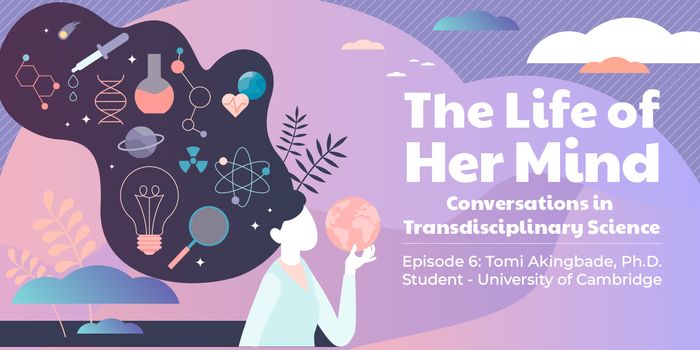Einstein, Stephen Hawking, and Madame Curie were all geniuses who changed the world with their discoveries. But how are they different, besides their superior intellect? Neuroscientists have been trying to figure that out for decades. While a high IQ means a person is intelligent and knows a lot, genius is thought to be something more than just knowledge, but as one expert puts it, "An ability to do and think beyond the borders of most of the rest of us." Engineers who created the Internet are clearly in that category, as is Steve Jobs according to author Walter Isaacson who has written biographies of some great thinkers. He says that "uncontainable curiosity" is the hallmark of most who are considered geniuses.
The desire to learn more and think beyond what is known is also a large part of superior intellect. Discoveries like CRISPR gene editing is an example of this. To look at a plant or an animal and think about how to drill down to its basic structure and then be able to edit it, is an example of extreme out of the box thinking and that is also what most geniuses can do. Being this smart doesn't exist only in science and technology. There are geniuses in art, music, and theater that have the same intellectual curiosity and talent.








